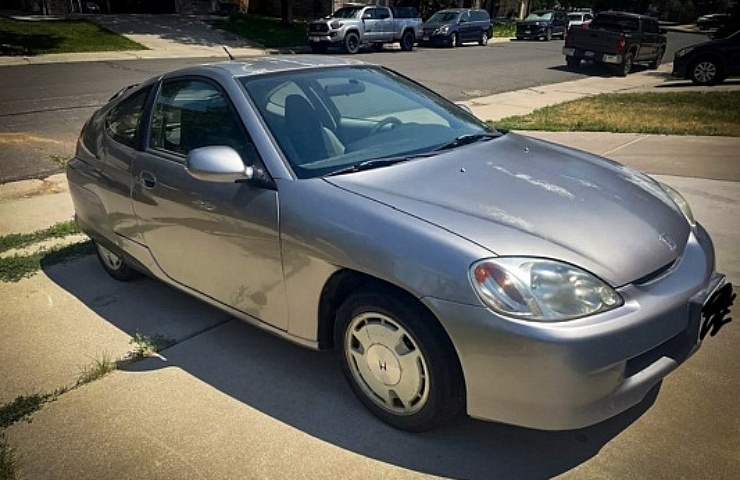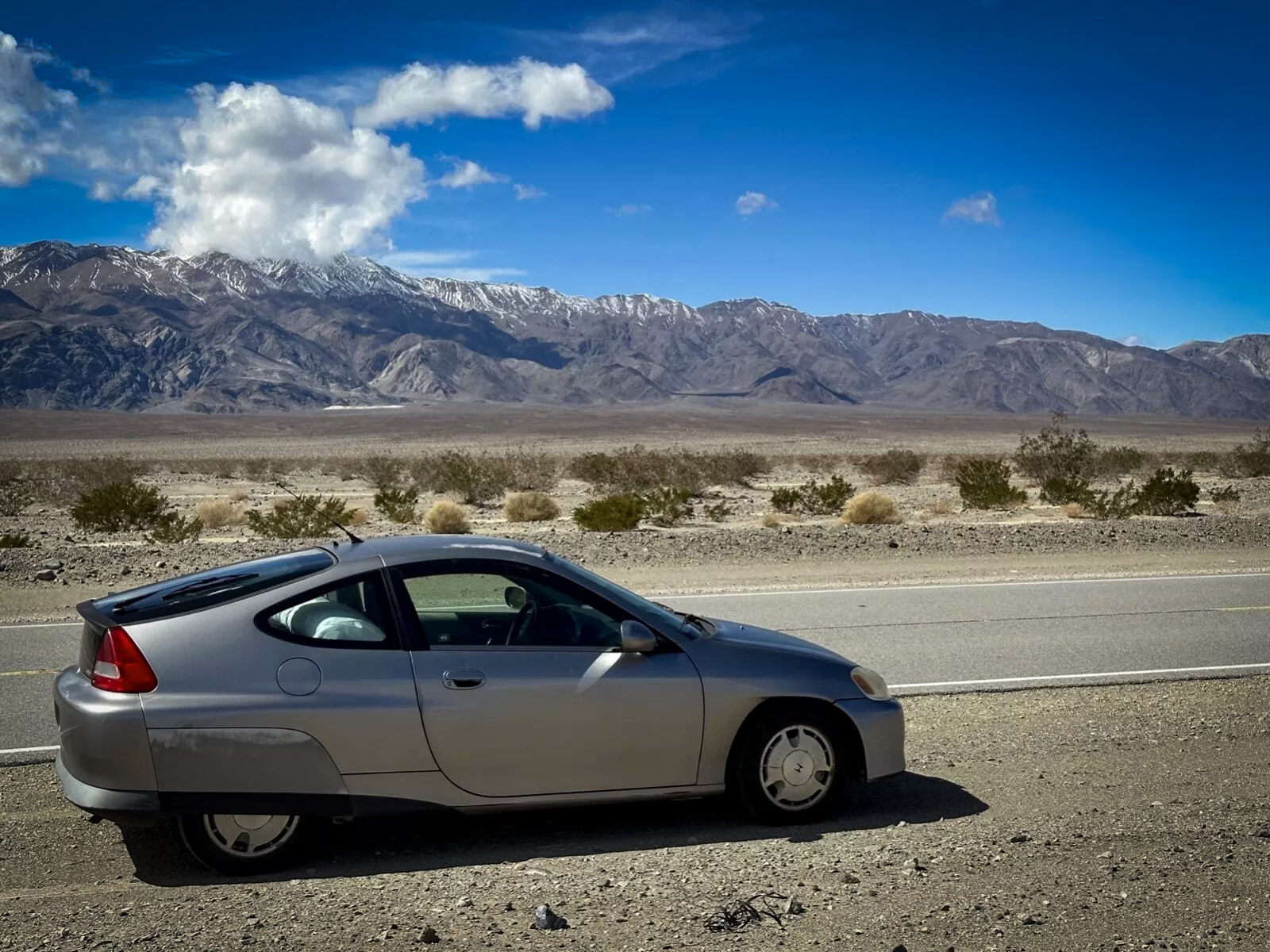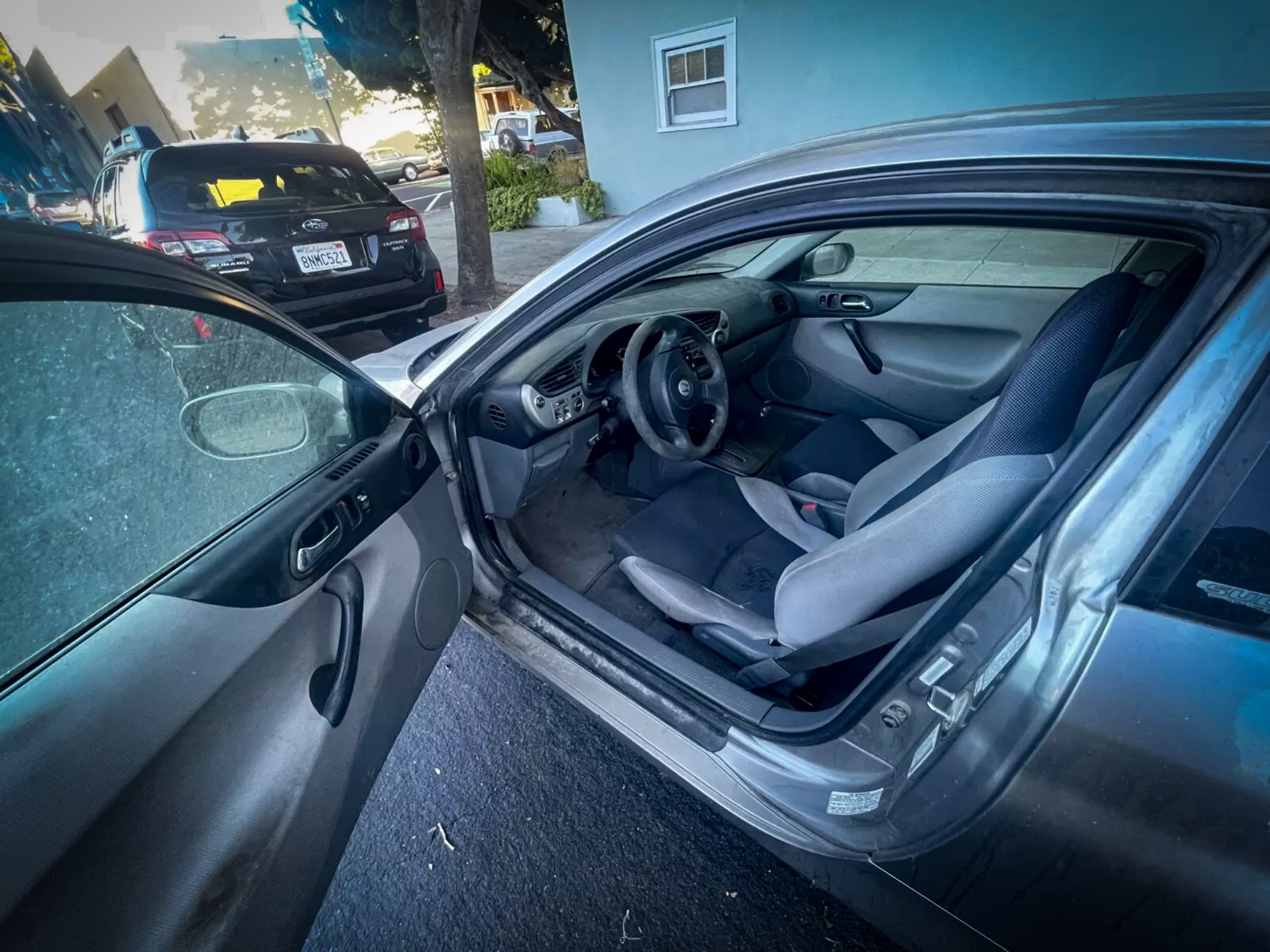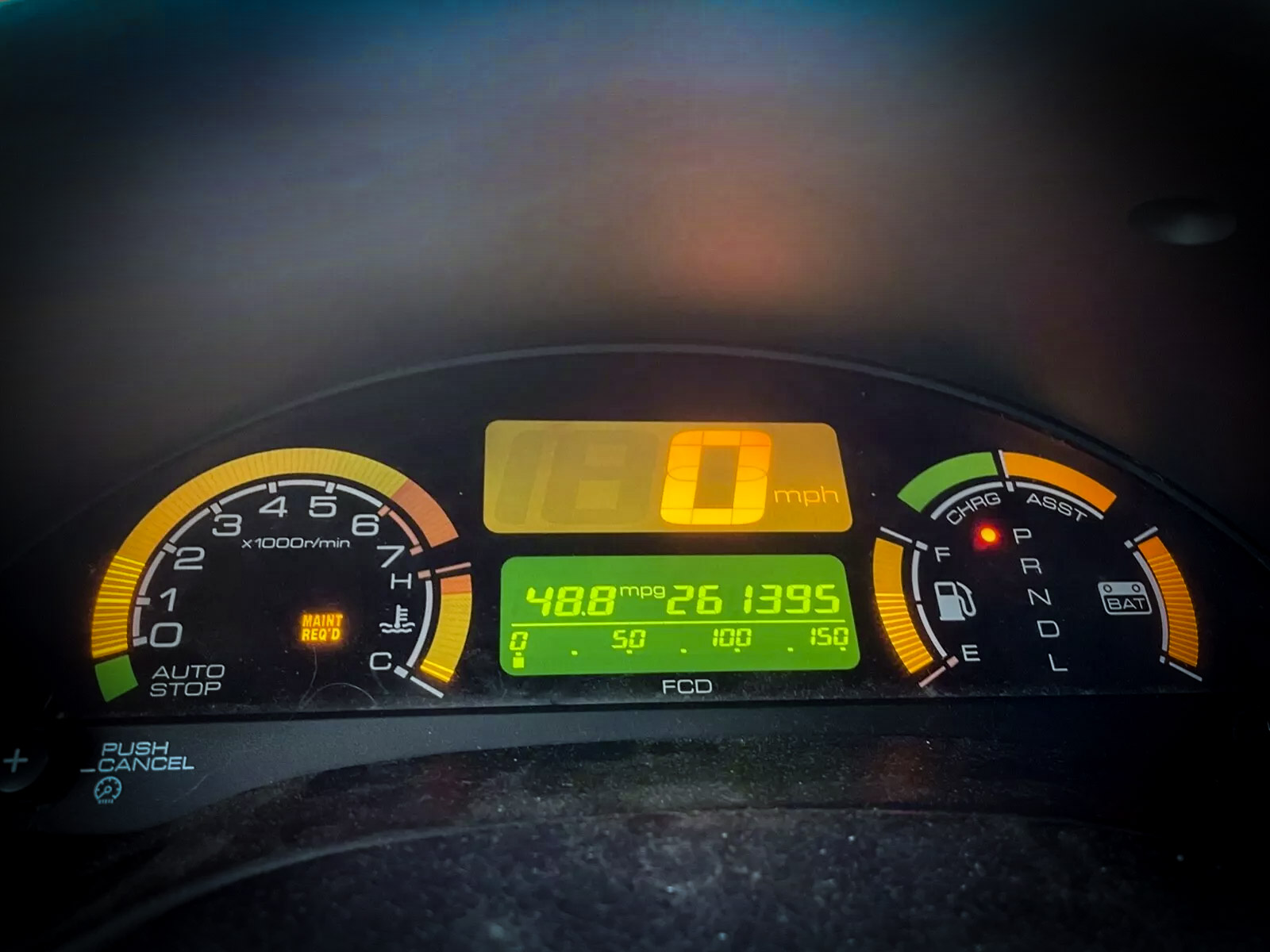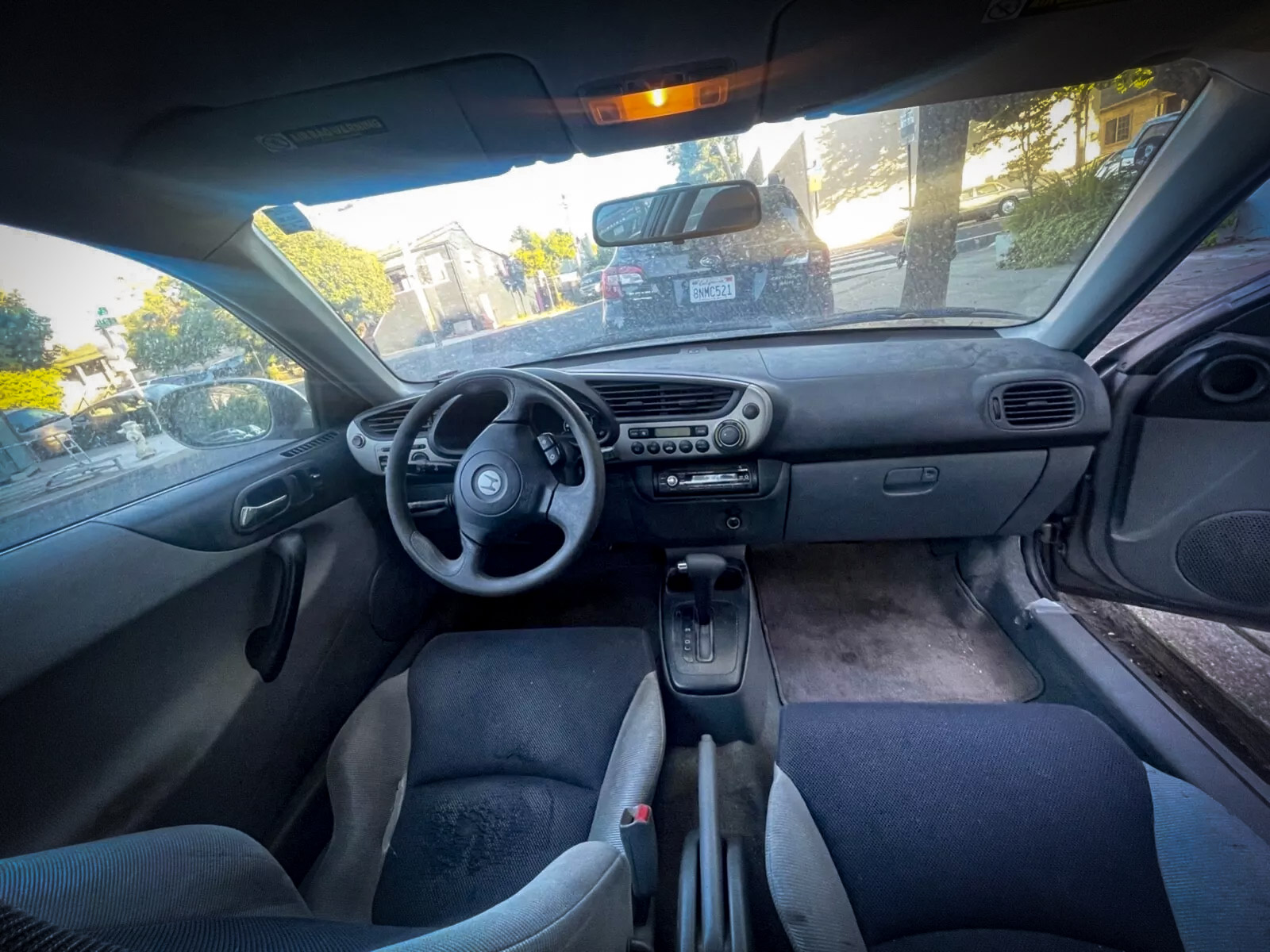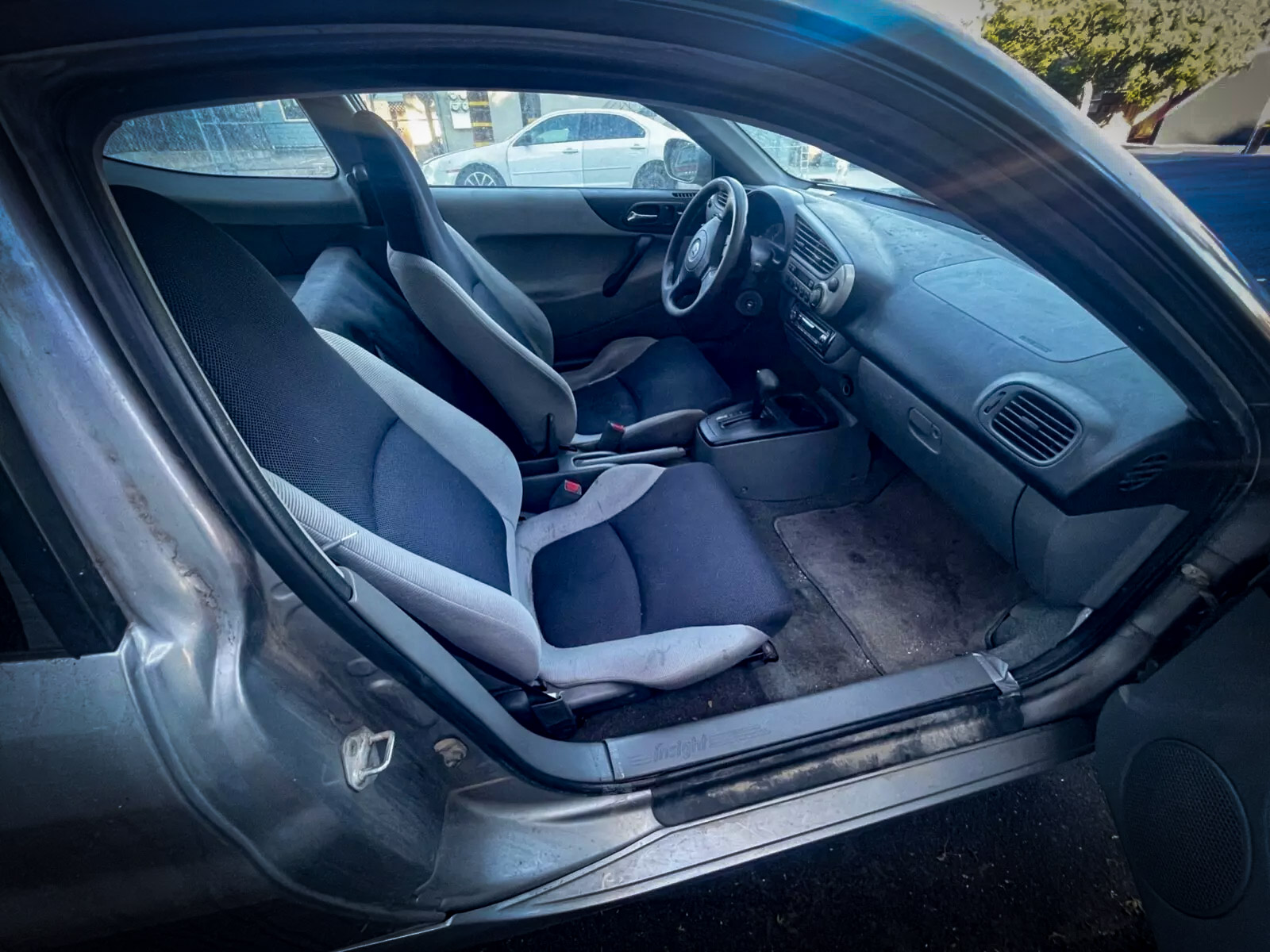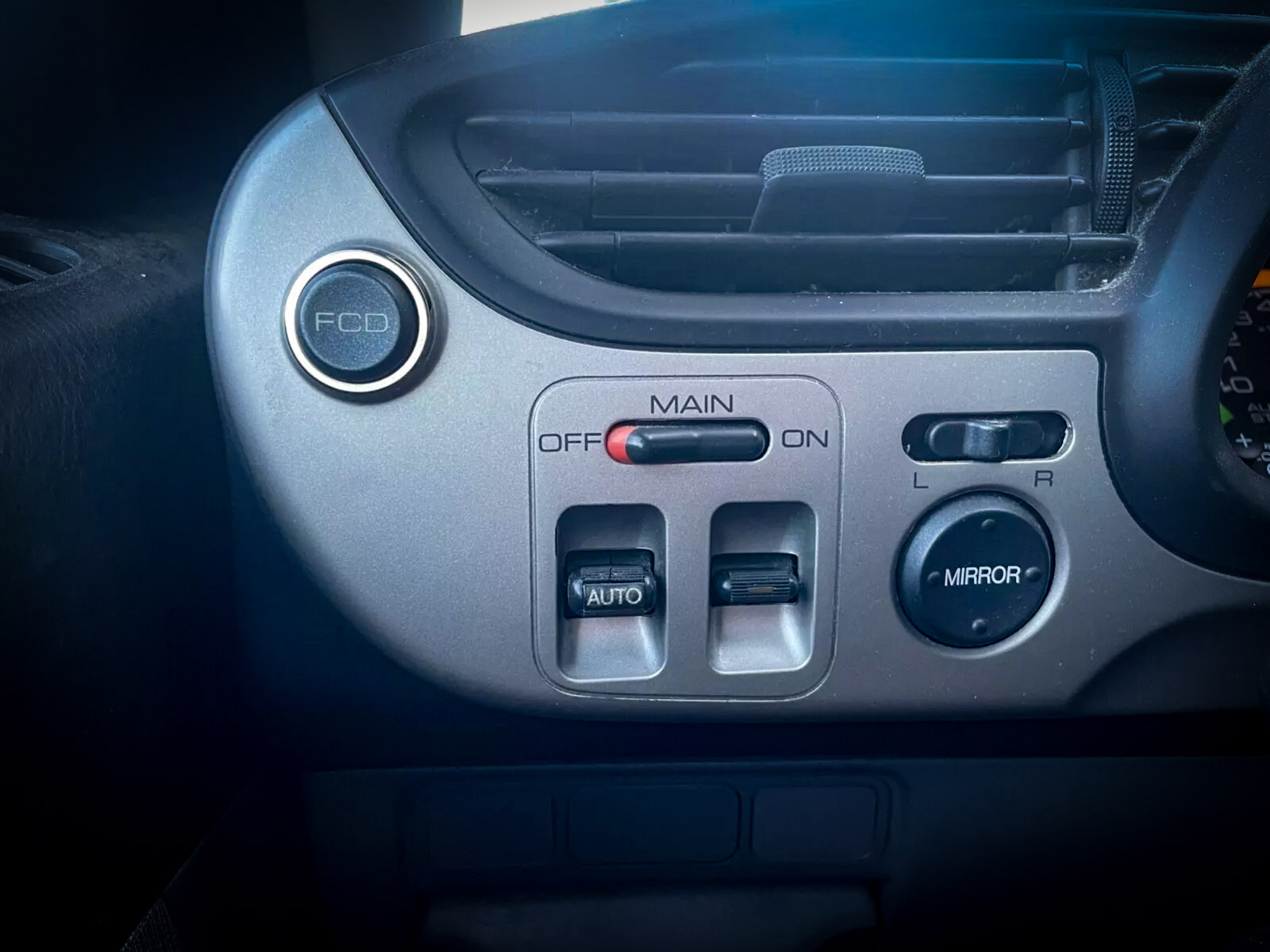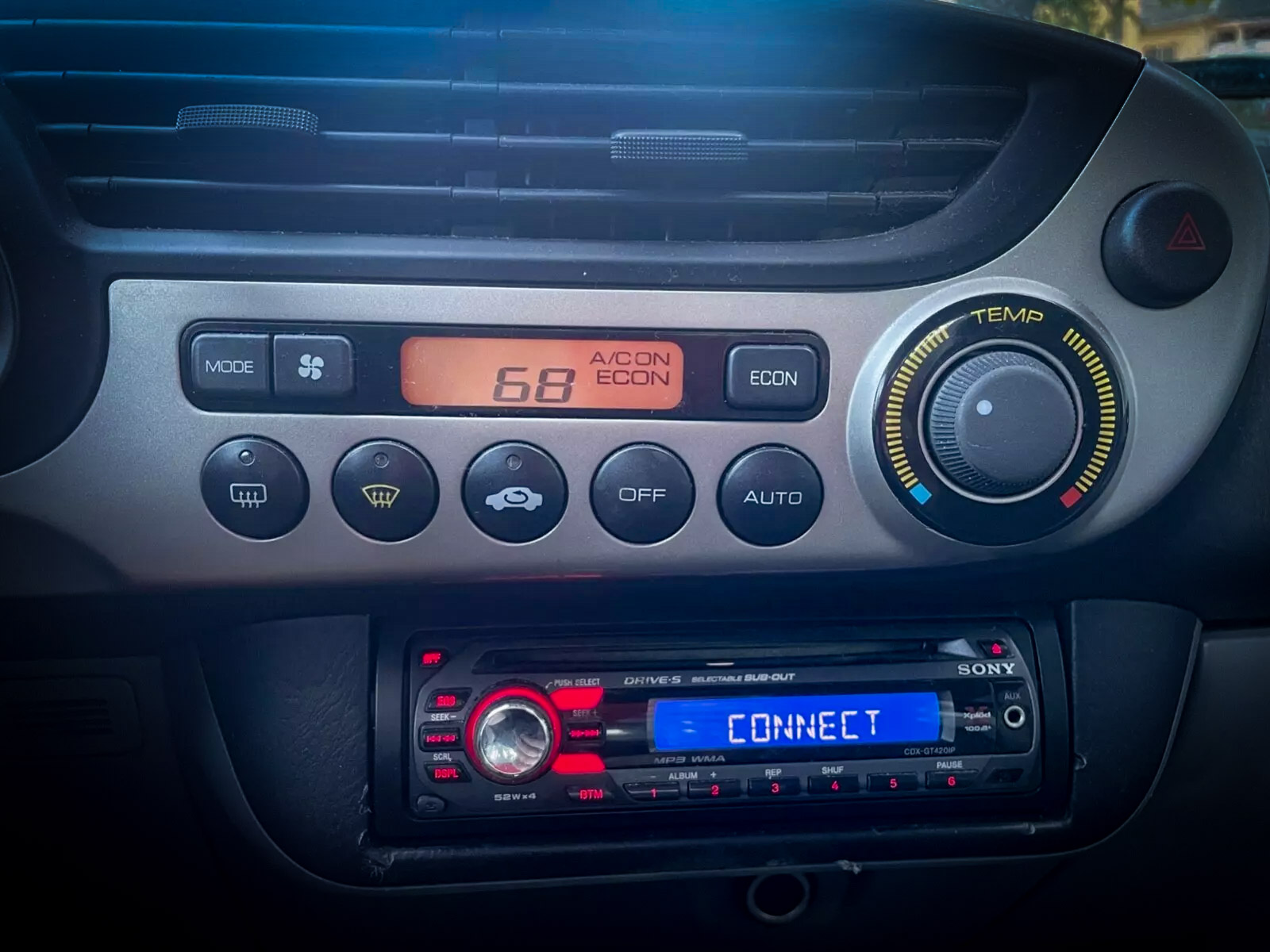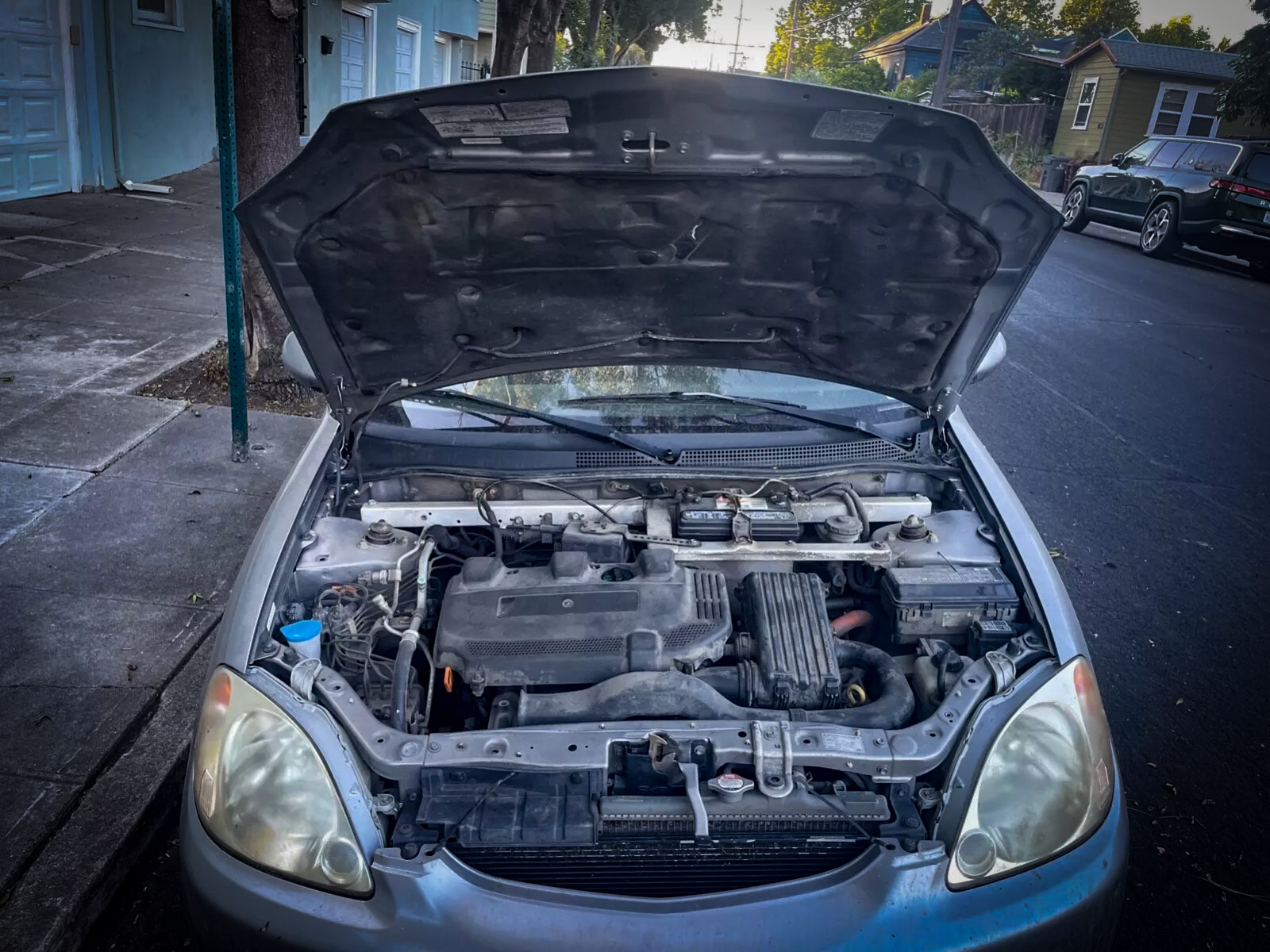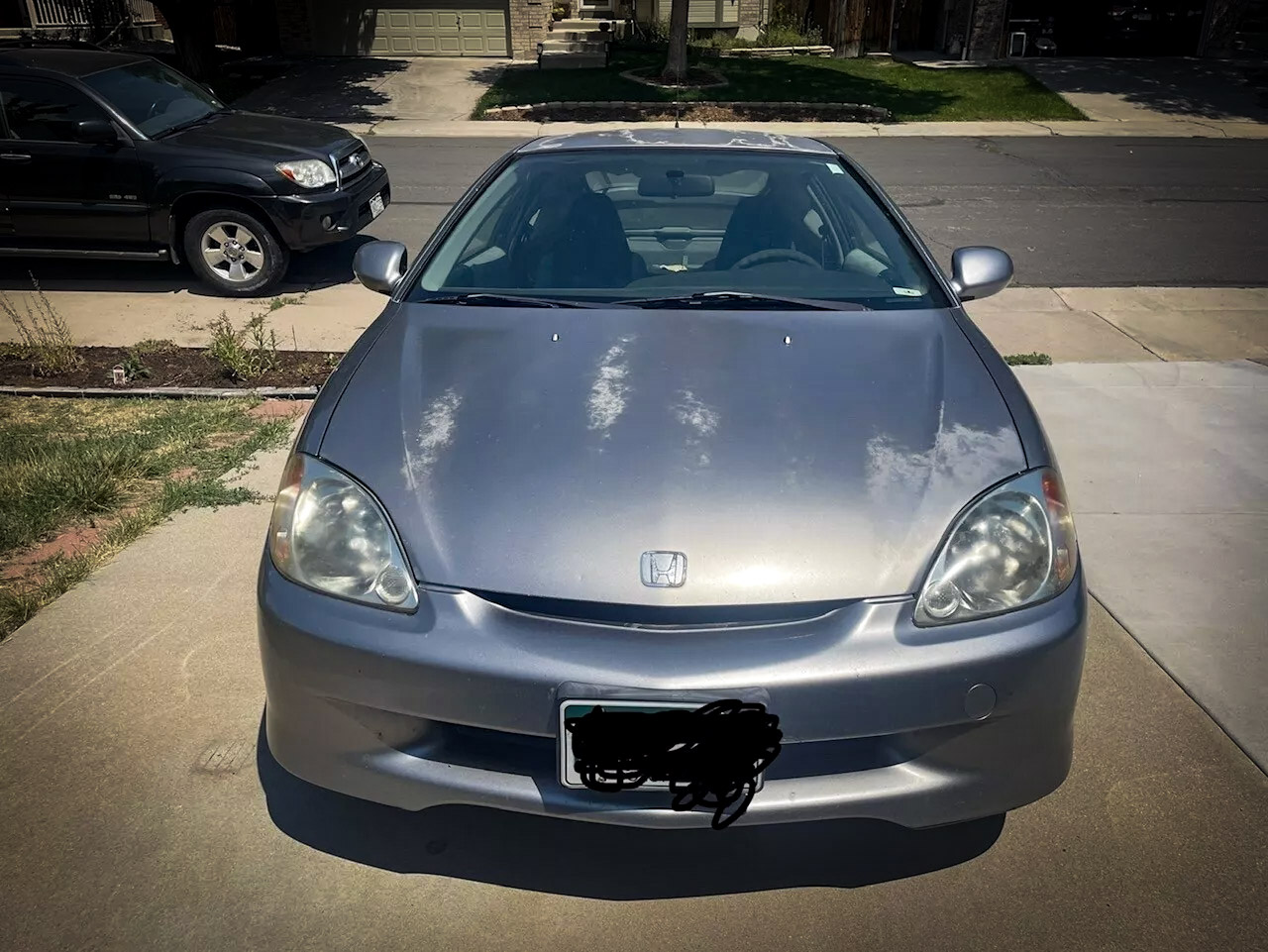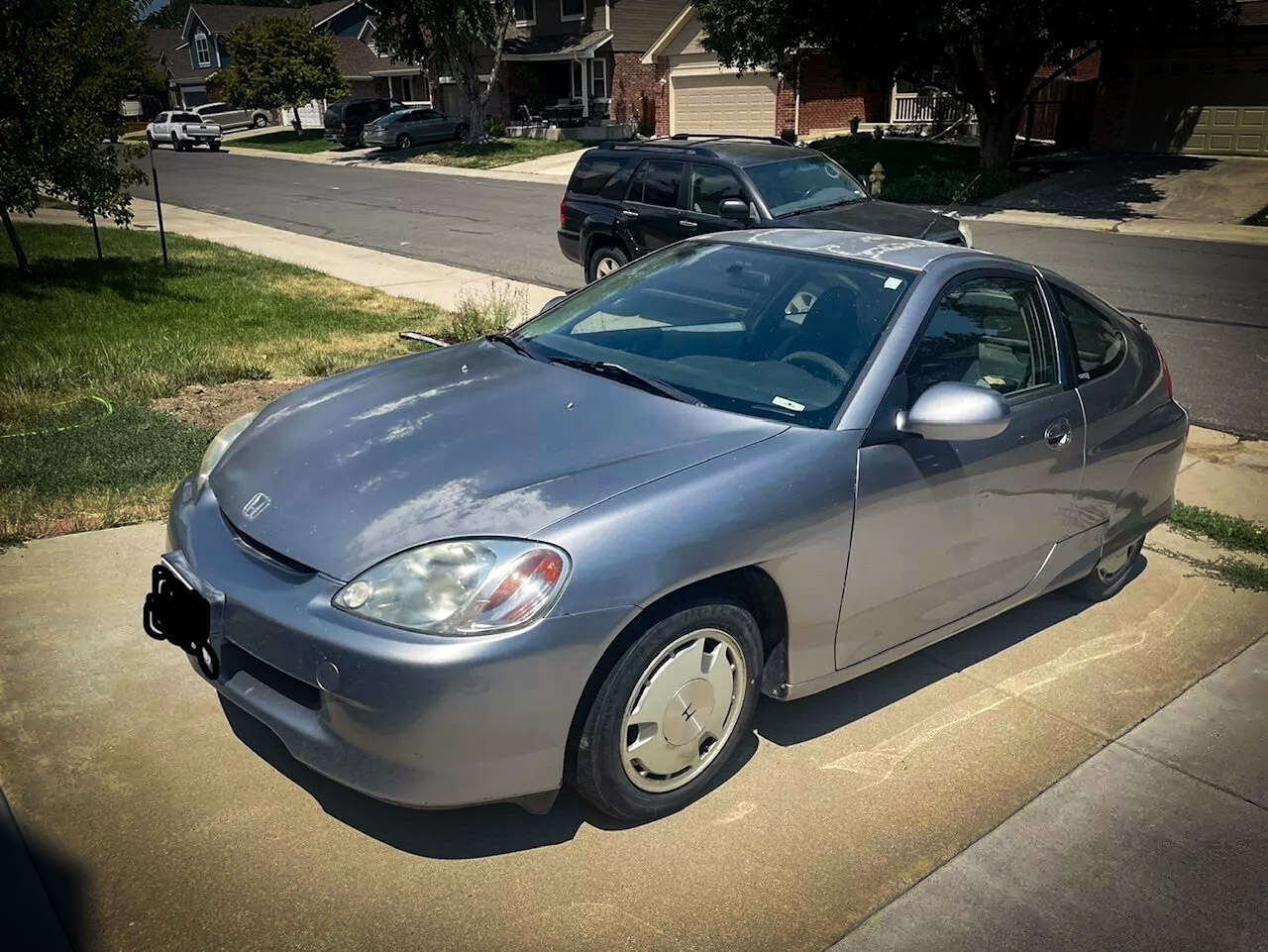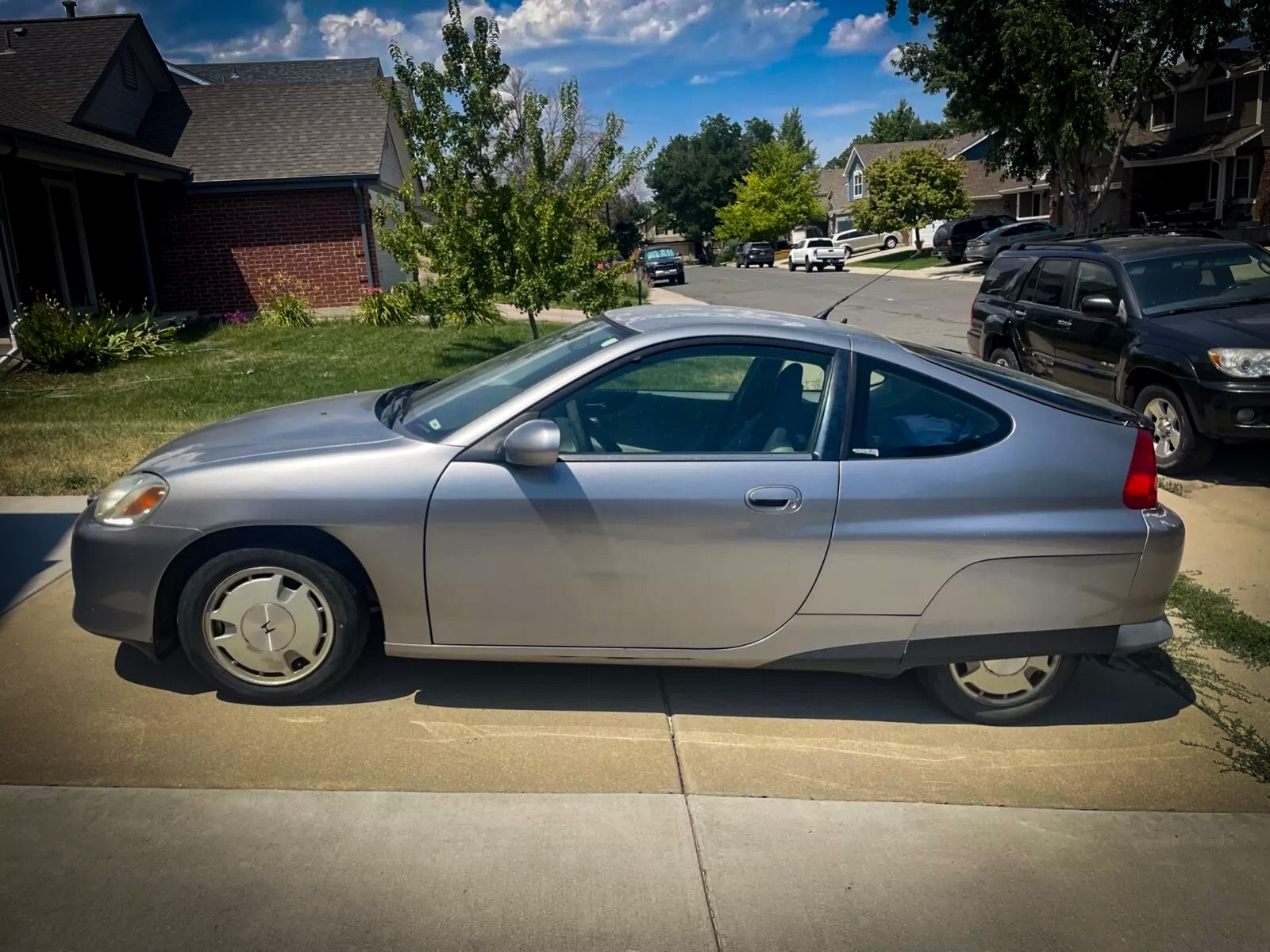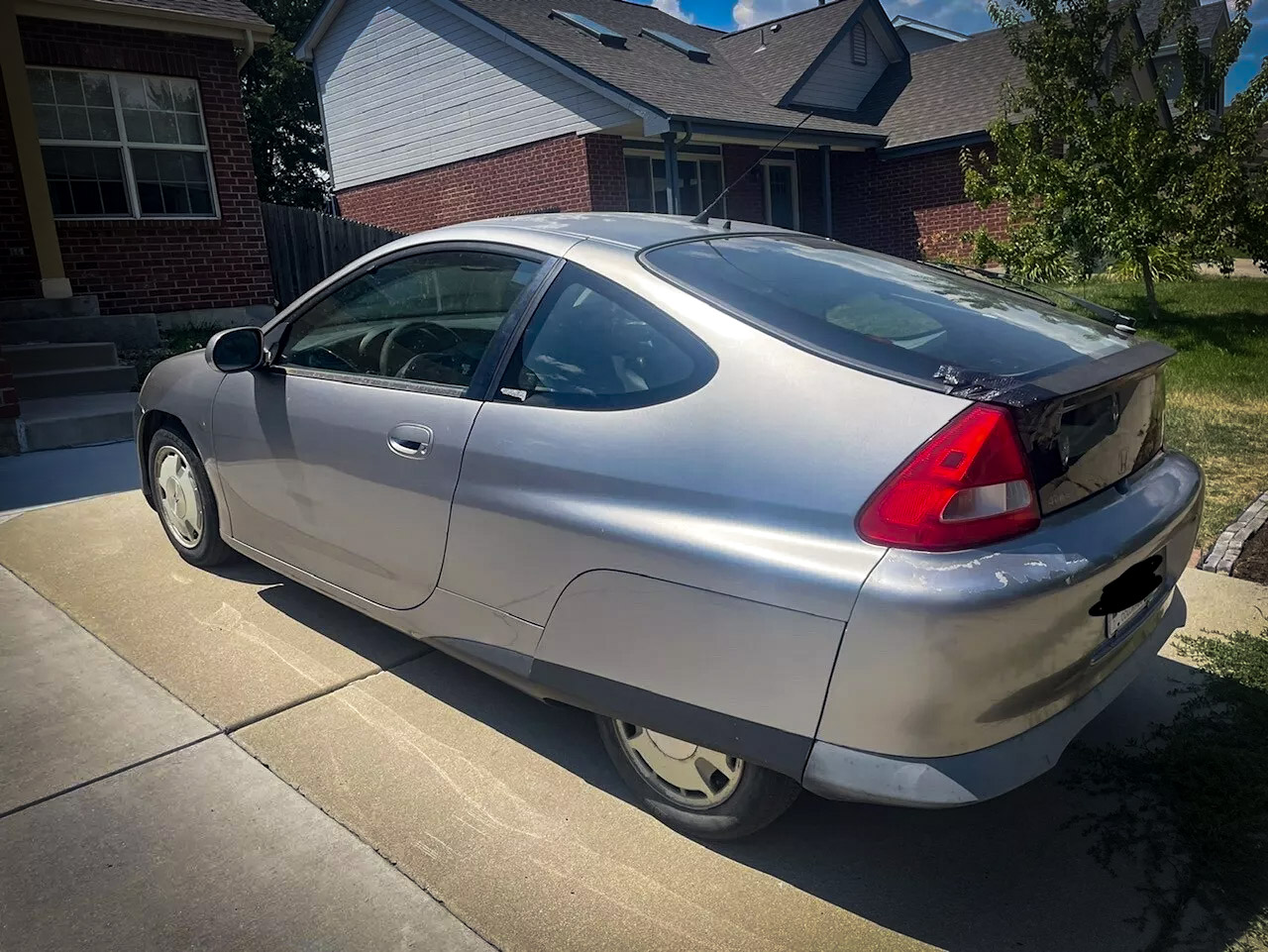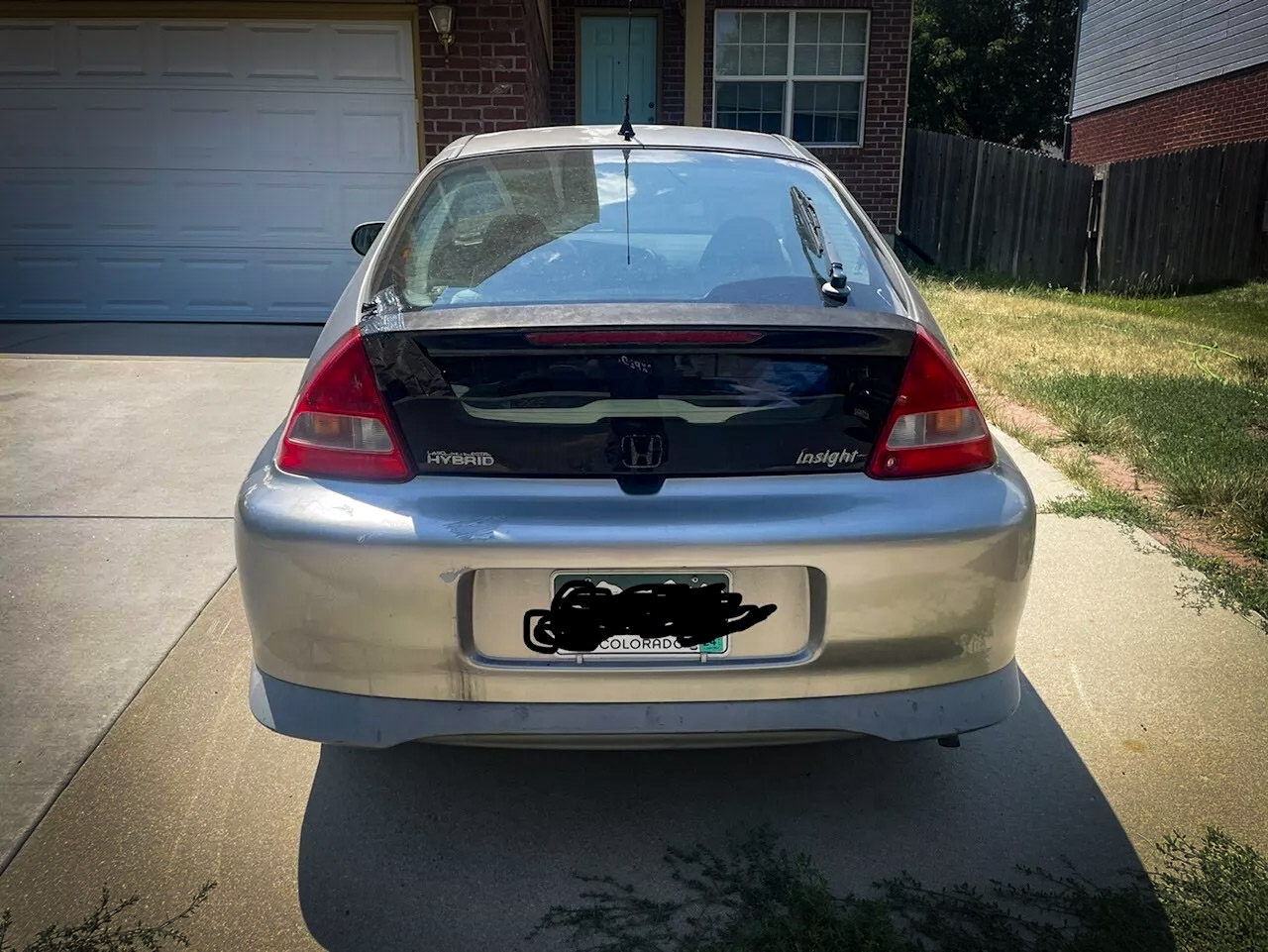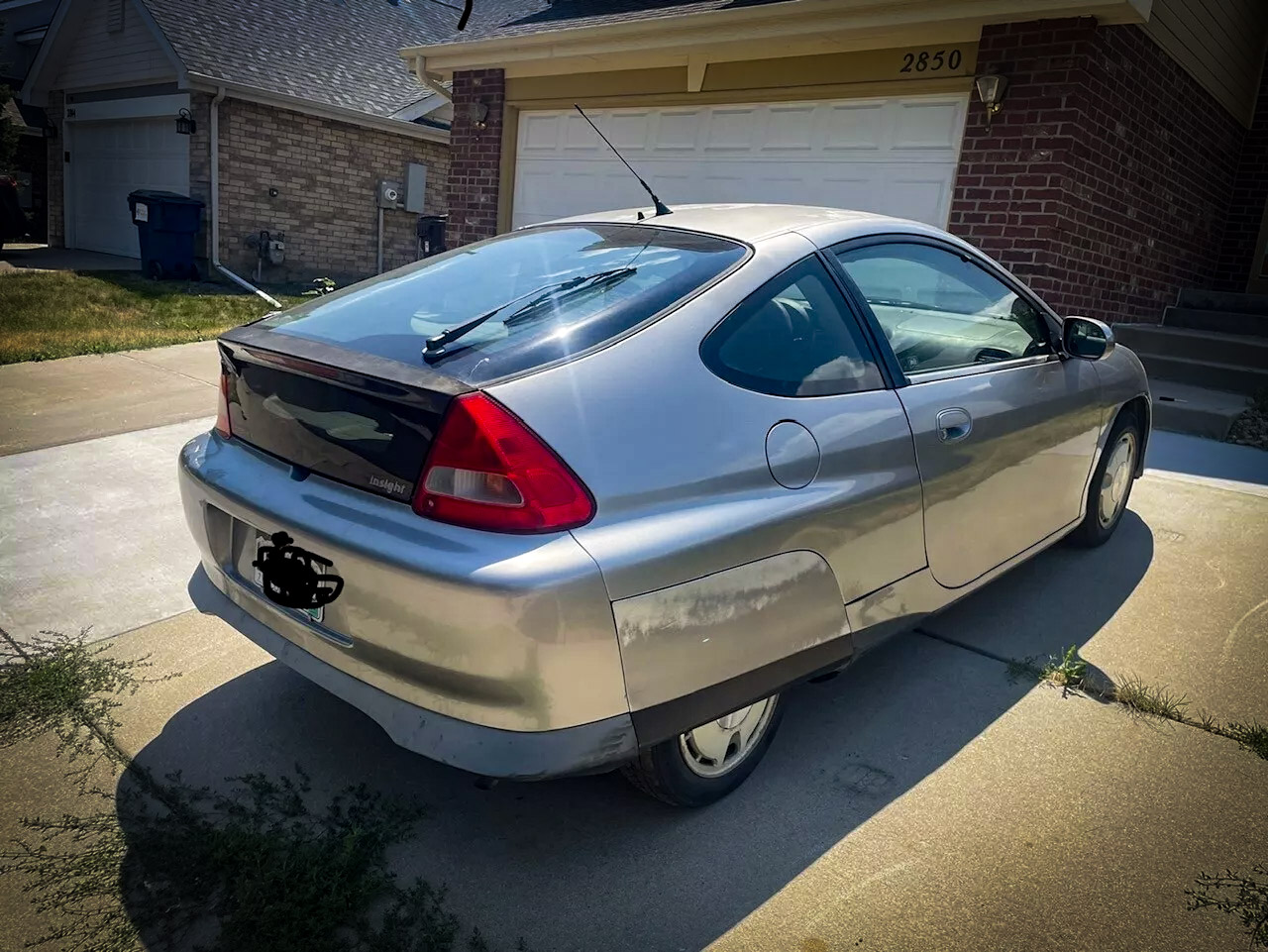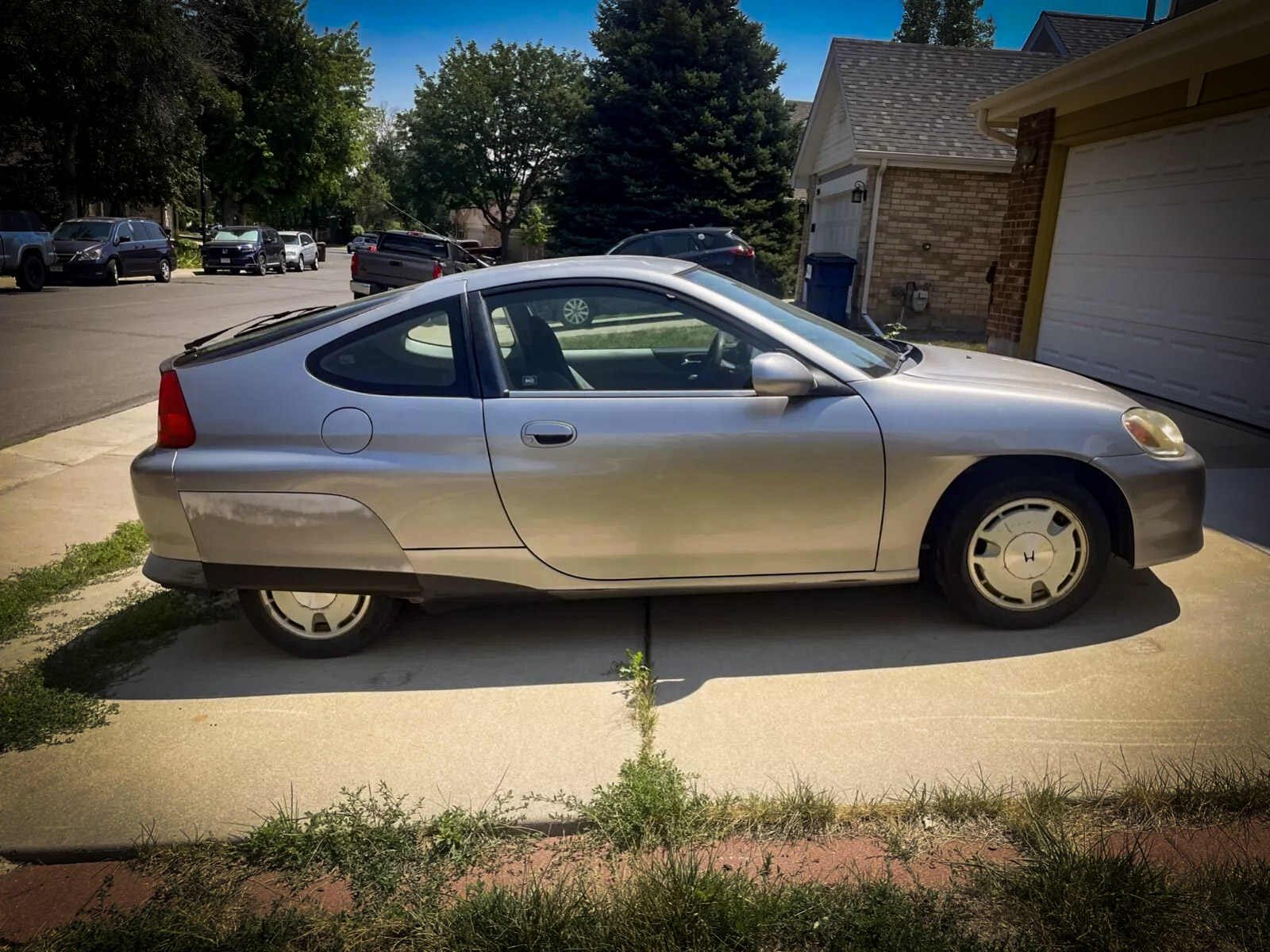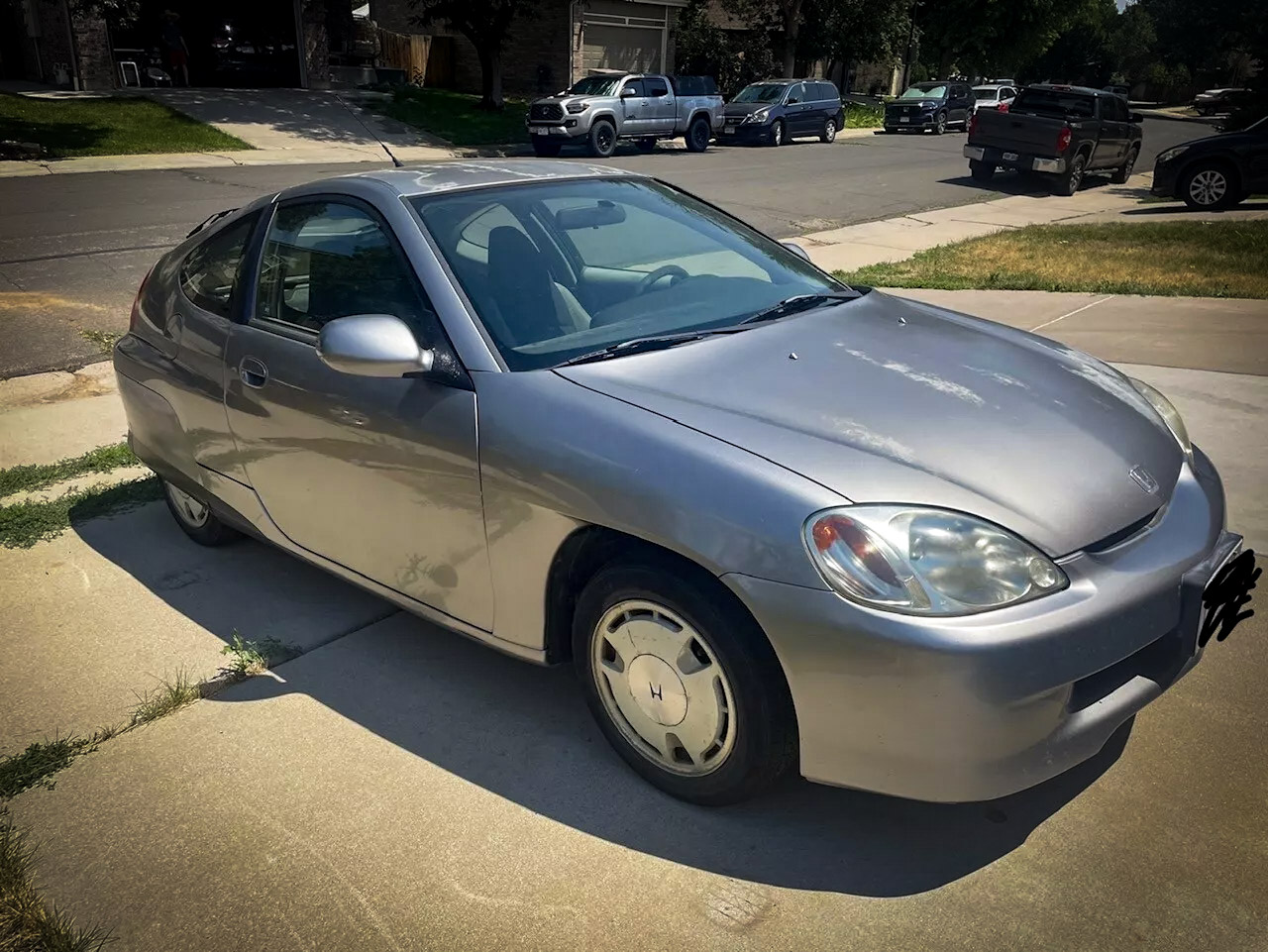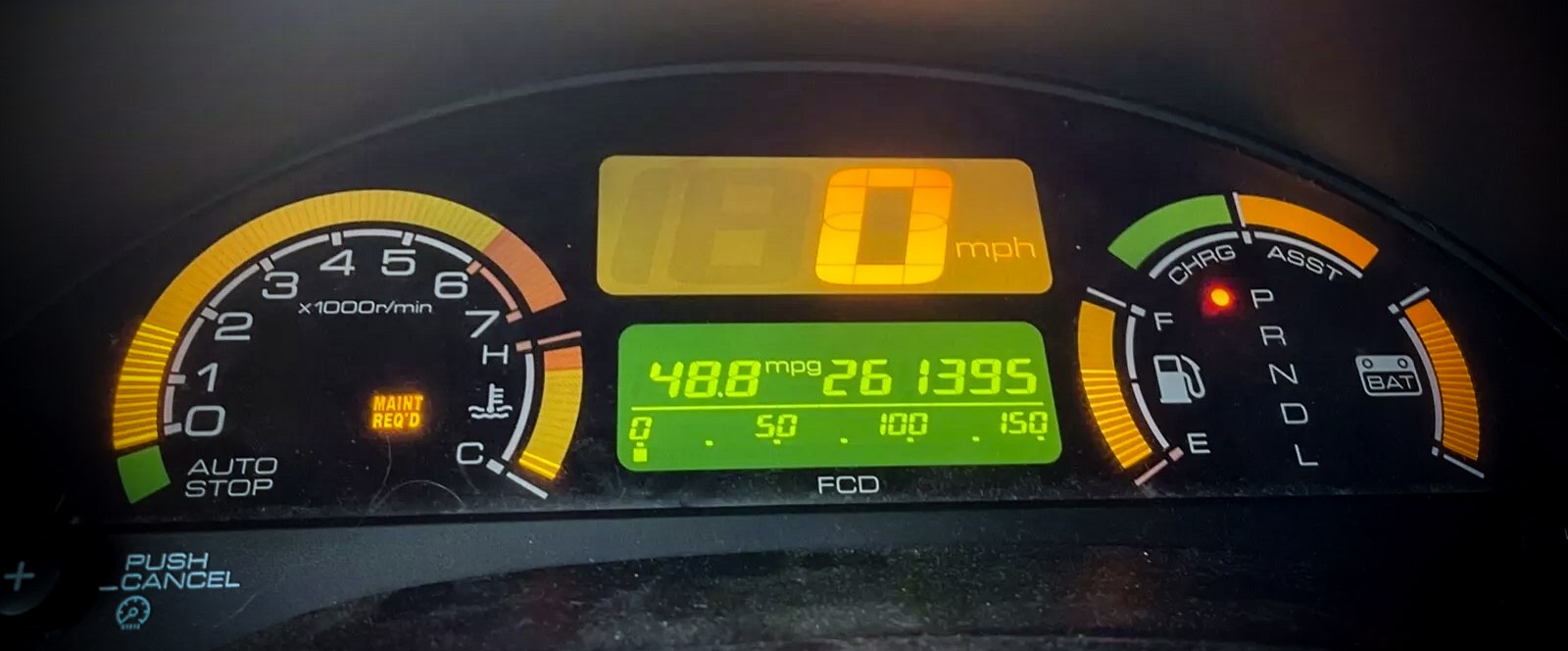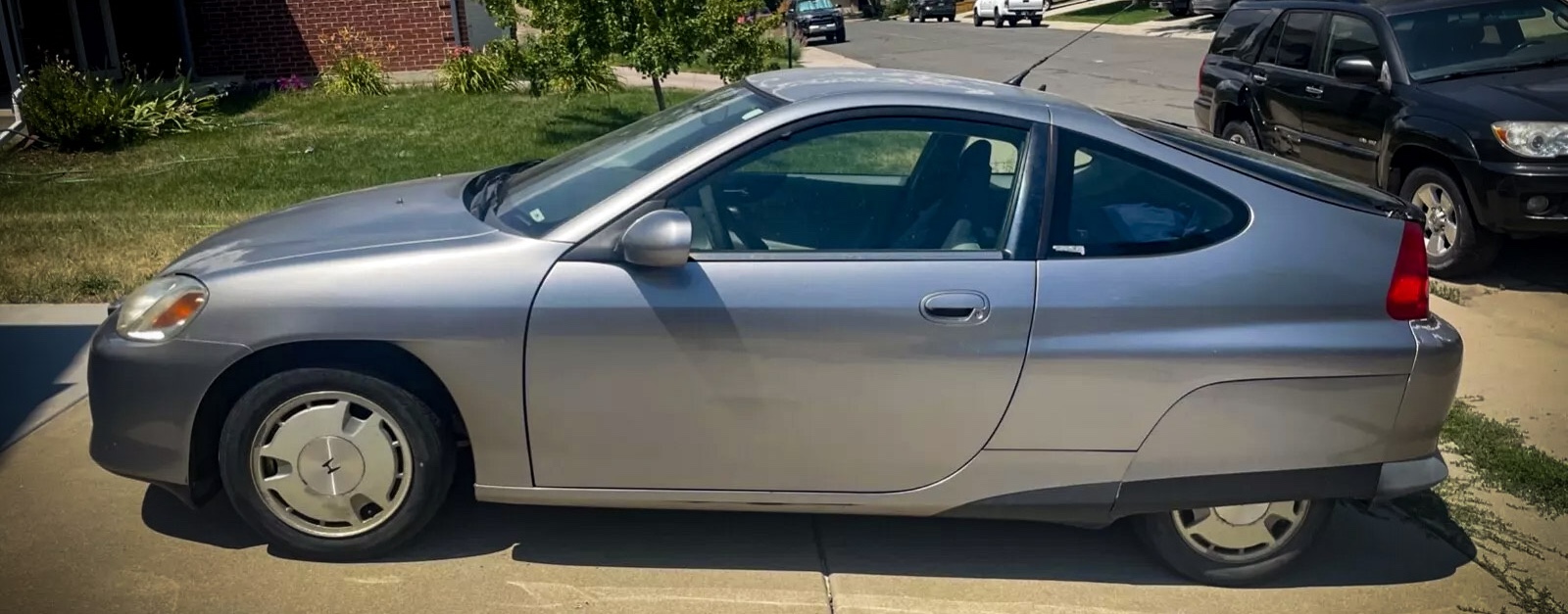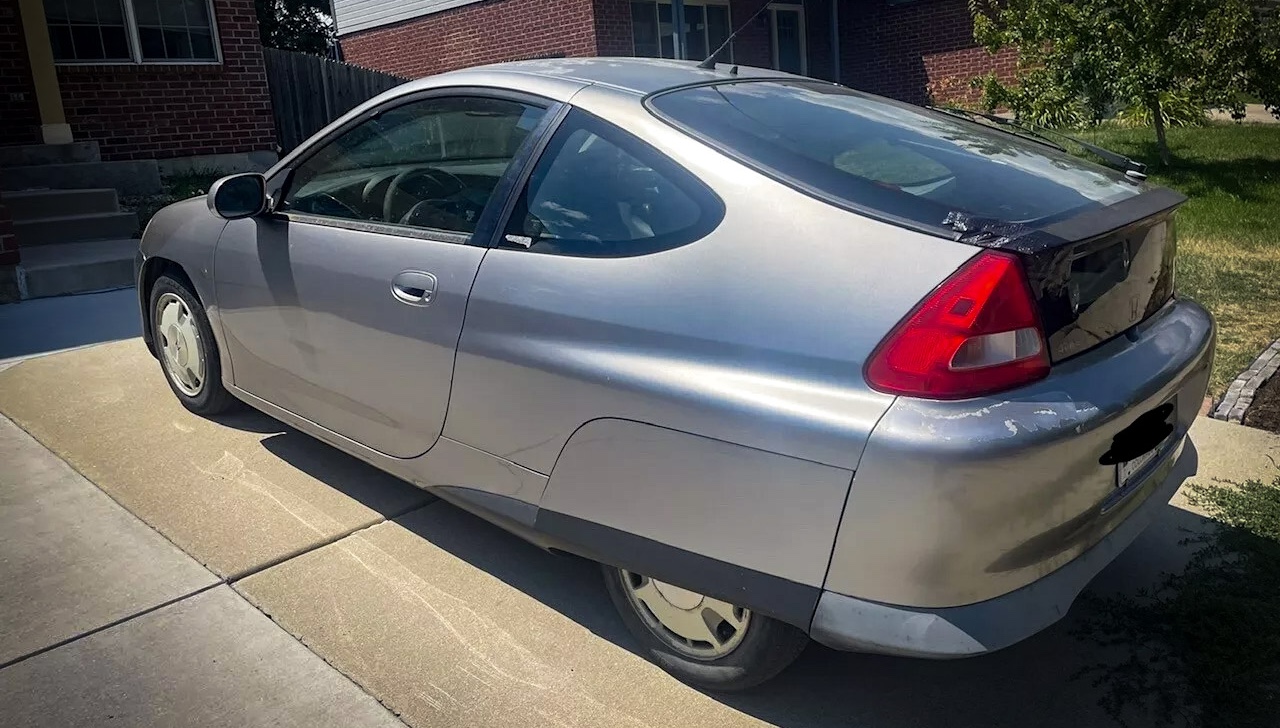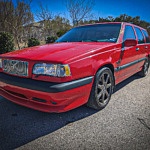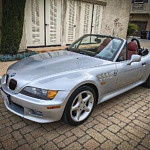In most states, it takes 25 years for a car to become a classic. That means we are now at the point where the original Honda Insight, like the one recently for sale on eBay Motors in Broomfield, Colo., is a bona fide historic vehicle.
Shop now for Honda InsightIndustry Disruptor
At the turn of the 21st century, gasoline-electric hybrids shook the auto industry in the same way electric cars have in recent years. While the Toyota Prius gets a lot of credit as the best-selling hybrid, back in December 1999, the Insight actually beat it to the US market by several months.
The 1990s SUV boom brought forth Detroit gas-guzzlers like the Hummer H2 and Ford Expedition. Honda and Toyota, on the other hand, led the “green” car movement. Japanese carmakers faced pressure to be good corporate citizens at home, where fuel was much more expensive and environmental consciousness more widespread.
Honda and Toyota developed the gasoline-electric hybrid solution for ecologically minded car buyers. The innovative system mated an electric motor with an efficient gasoline engine to power their cars.
Fuel Savings
The electric motor and on-board batteries eliminated the need for a large, thirsty engine. The electric motor also allowed the engine to shut off when not under load—when coasting or at idle—saving even more gas. Regenerative braking cleverly recouped some of the energy lost during deceleration and put it back in the battery.
The result was an EPA rating of 42 mpg in the city and 41 highway mpg for the Prius. The Insight earned an even better EPA rating of 49 city and 61 highway. That was largely due to the different approaches each company took for their revolutionary machines. By comparison, a conventionally powered Honda Civic got 24 city and 32 highway in 2000.
Honda squeezed fuel efficiency out of the Insight in every way it could. Its small, teardrop-shaped body accommodated only two occupants. But its sleek profile generated a stunning drag coefficient of 0.25 Cd. Most of the body panels were made of weight-saving aluminum, like Honda’s NSX supercar. Plastic resin fenders saved even more ounces.
Shop now for OEM Insight partsLong Distance Traveler
The car for sale was bought to sip fuel as it covered long distances. It shows the wear and tear expected from the 262,200 miles on the odometer. However, the seller replaced the Honda’s hybrid battery twice, including a Bumblebee battery in 2022, which should provide another three to five years of life. Such a battery can cost from $1,300 to $2,000, so the $2,600 asking price for the whole car doesn’t seem too bad.
Toyota’s Prius debuted before the Insight in Japan, but Insight arrived stateside first. Toyota chose a much more conventional design for the Prius: a four-door sedan with rear seats and a traditional trunk. Despite giving up a few mpg to the Insight, the sensible package resonated with buyers, making the Prius the most successful hybrid ever made.
Later generations of Honda Insight followed the sedan formula. Sometimes, the more innovative car doesn’t win the marketplace if it deviates too far from the mainstream. But that’s what makes the first-gen Honda Insight such a trendsetter, and it still looks futuristic today.
Shop now for Honda Insight
